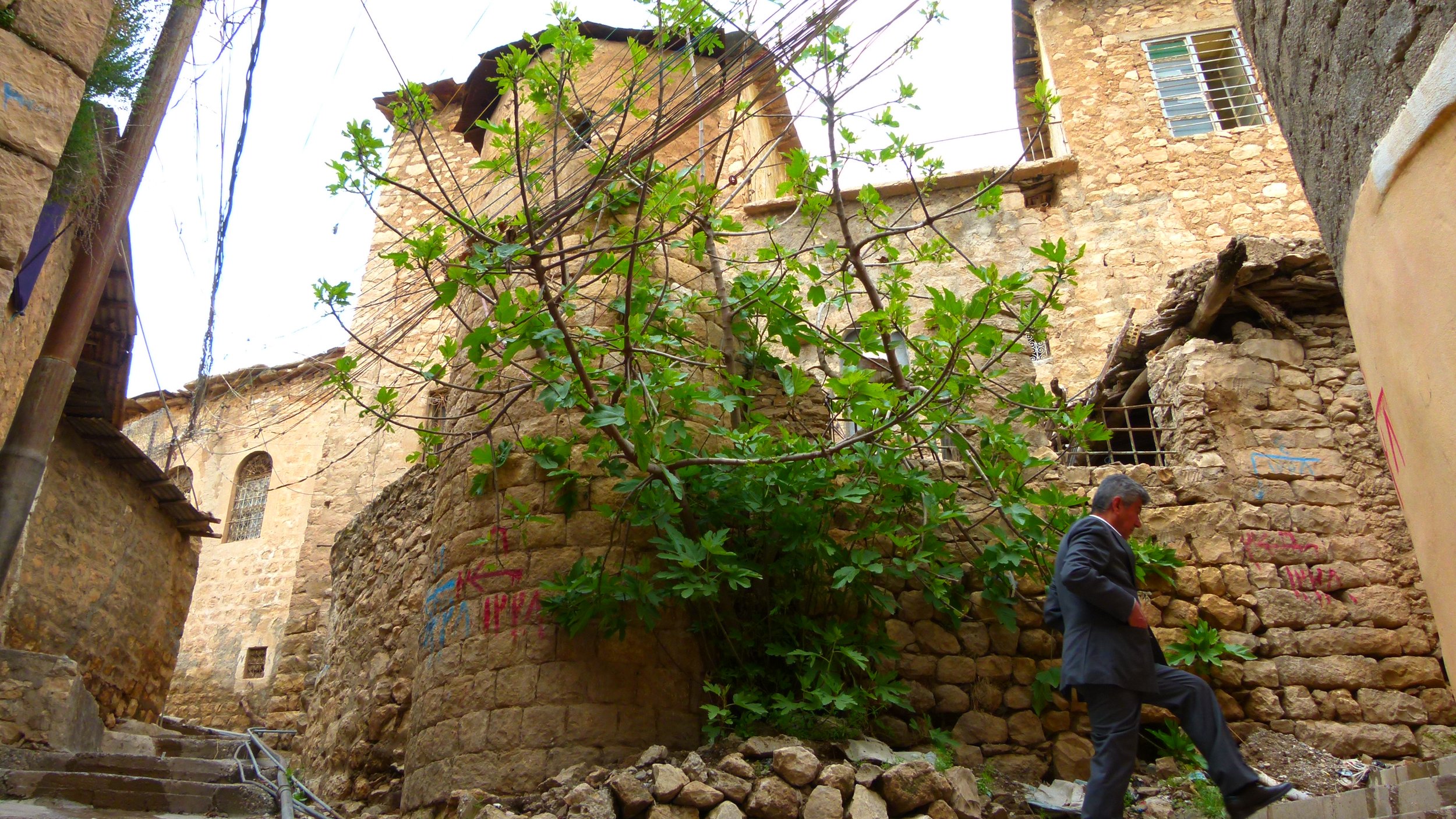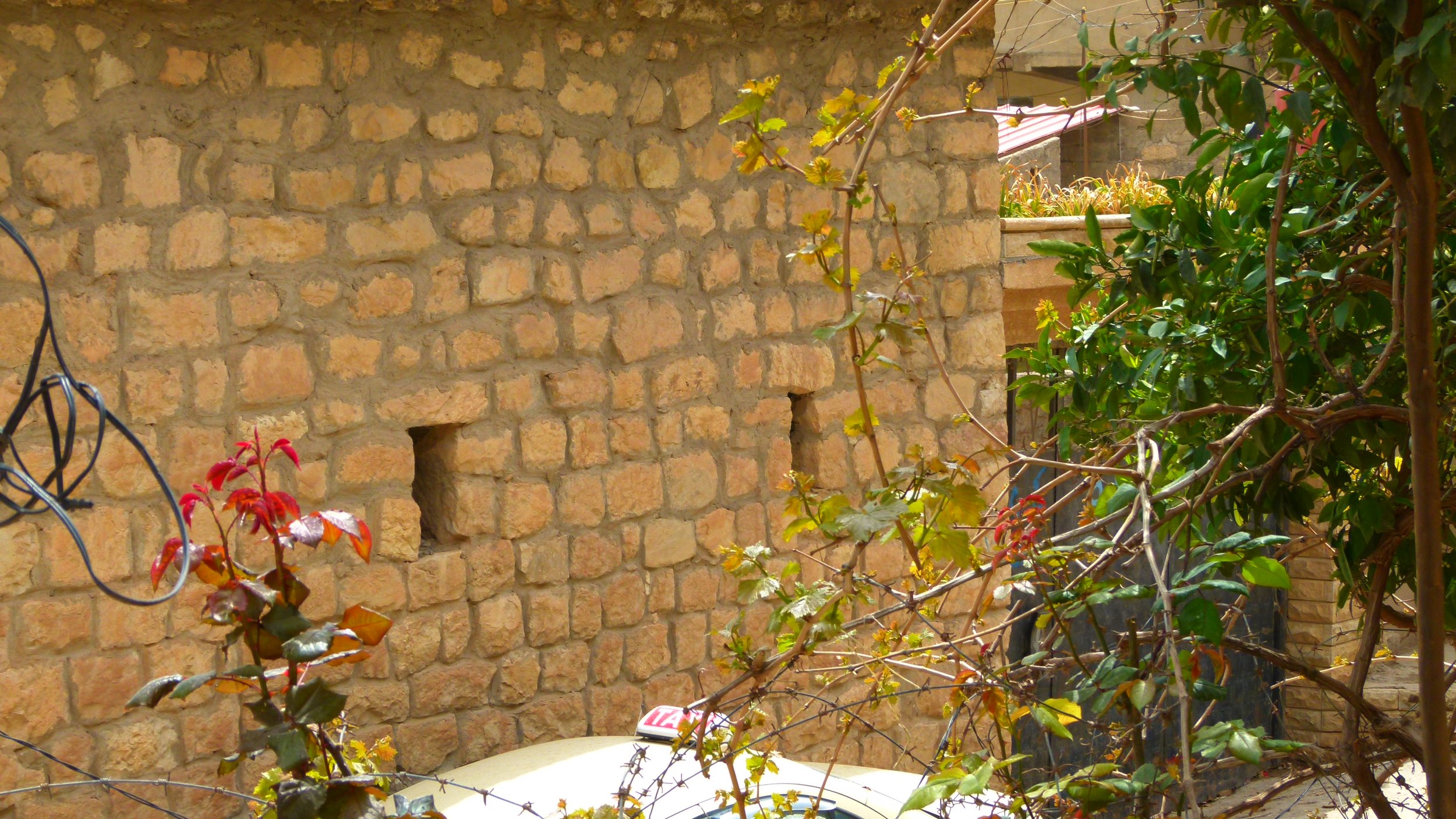House of Nostalgia
Mala Kelepurî
Akrê has a tradition of religious and ethnic tolerance and peaceful cohabitation, with the church still being the highest building of its ancient skyline. Ezidis, Jews, Christians, Muslims, and Zoroastrians lived side by side in the old town; At the same time, occupations, wars, pan-Arabism, and religious fundamentalism took their toll on the diverse fabric, the broad religious and ethnic tolerance still very present in many families.
One such family is my mother’s Jamila, a matriarch who was respected and loved by many in the community. Her best friend and neighbor was Jewish. I still remember how devastated my mother was when the Jews of Iraq were forcefully expelled and persecuted in the late 1940s. Only to be expelled a decade later from their home in Akrê due to our family’s involvement in the Kurdish resistance movement with General Mustafa Barzani. My father, Kamil Hussein Efendi, found a new home in the Ancient Citadel in Erbil, where they were known as the house of the 'Pismams' - a sign of endearment in Badini (North Kurmanji dialect). Read more about Jamila here.
Visit the museum and learn how I decided in 1995 to purchase and renovate a historical ruin next to the house I was rebuilding for my family, with the goal of returning to our roots and reviving a piece of history. The house was once the summer residence of a great scholar and Qazi (judge) of Akra, Muhamed Khaled Afandi, who lived there from 1875 to 1883 and frequently welcomed visitors. My grandfather and father had maintained a friendly relationship with the Qazi, inspiring me to care about preserving Akra's cultural and historical heritage as an engineer. Through my personal and financial efforts, I have rebuilt, restored, and renovated the ruin to its original appearance as closely as possible. I hope to have reawakened memories and provided a platform to protect our beloved city's shared heritage. The Qazi of Akra, Muhamed Khaled Afandi, came from a family of religious scholars and graduated from primary and secondary education in Akra before studying law in Istanbul. He was appointed Qazi in several towns, including Soran, Ashnuyem, Zakho, Amadia, Mosul, and Akra. He lost his eyesight in the last years of his life, and he and his wife moved to Mosul, where he passed away in 1963. His descendants still carry the last name, Qazi.
- Tariq Aqrawi








